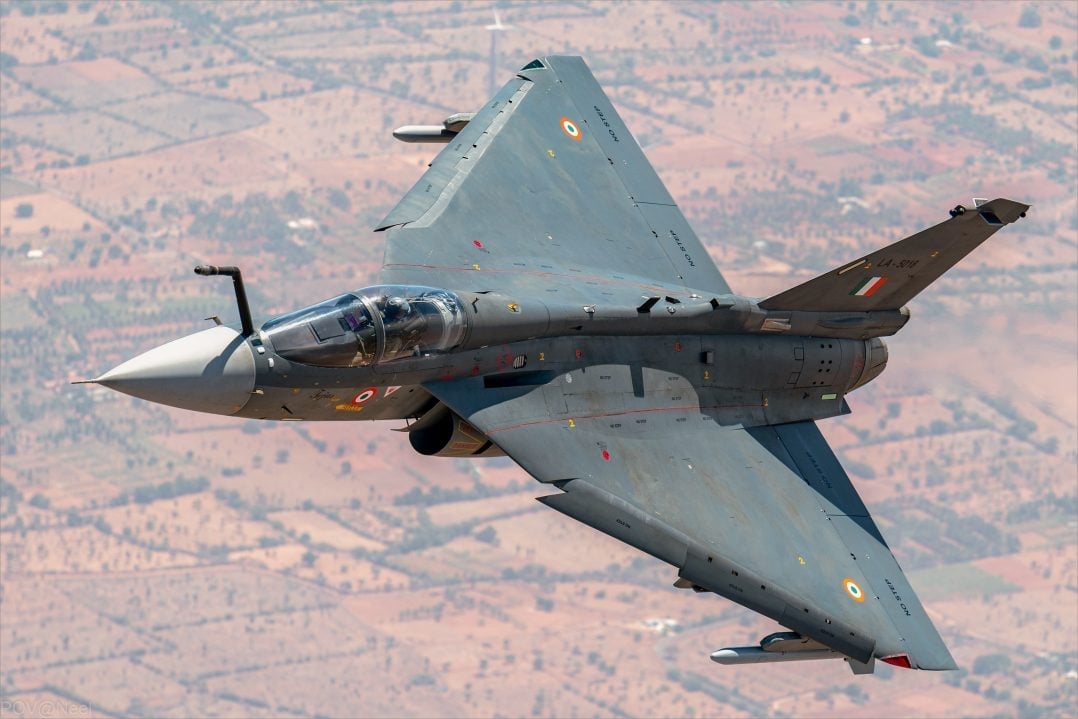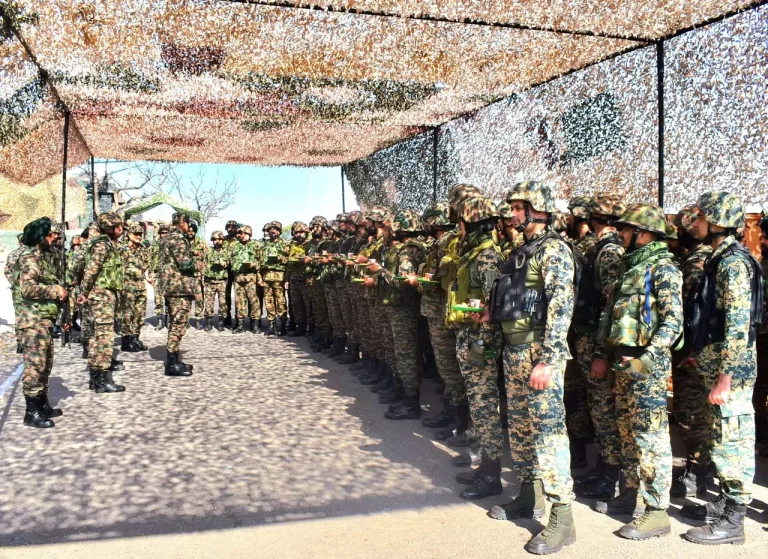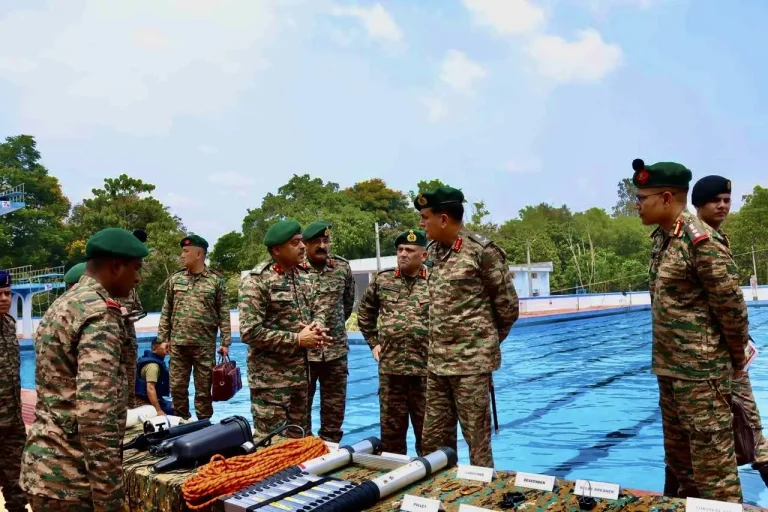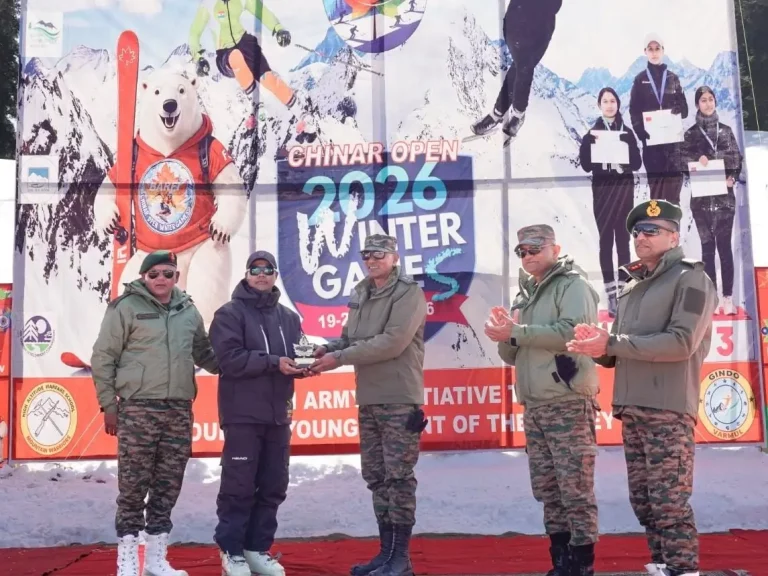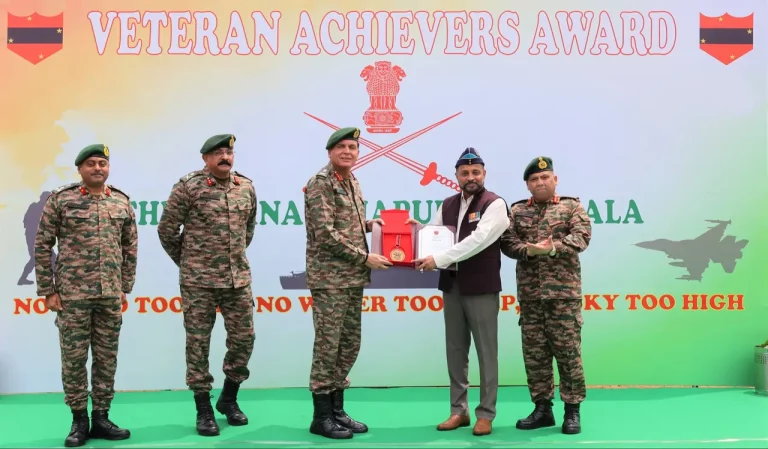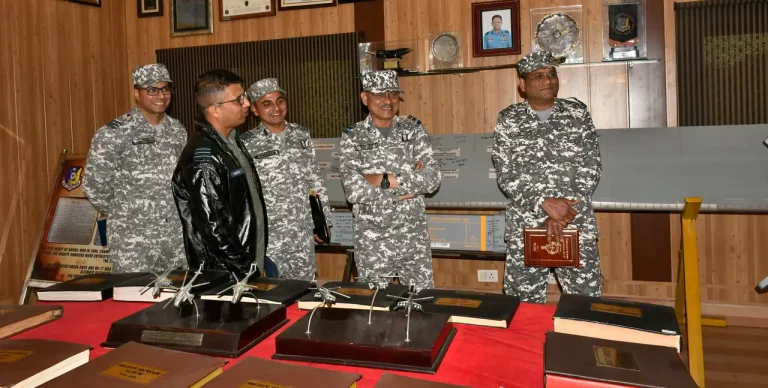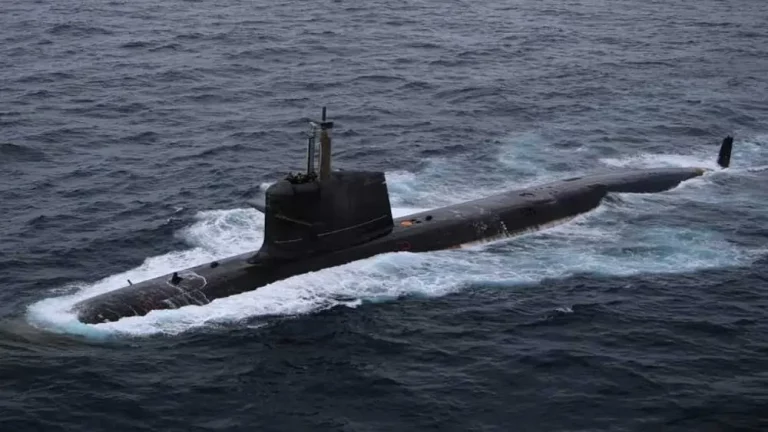Hindustan Aeronautics Limited (HAL) has confirmed the receipt of its third General Electric F404-IN20 engine from the United States for the Light Combat Aircraft (LCA) TEJAS Mk-1A program. A fourth engine is anticipated later this month, a positive sign indicating a stabilization of supplies following previous disruptions.
HAL aims to acquire a total of 12 engines by the end of the financial year, which is vital for fulfilling its production commitments for the Indian Air Force (IAF). The IAF has placed an order for 83 TEJAS Mk-1A fighters, and a recent approval from the Cabinet Committee on Security for an additional 97 aircraft could elevate the total number of Mk-1A jets to approximately 180.
The engine supply initiative has encountered significant delays over the last few years. In 2021, India entered into a $716 million contract with General Electric for 99 F404-IN20 engines. However, issues in the supply chain, notably a failure by a South Korean vendor to deliver essential parts, have pushed back the program’s timeline to March 2025. The arrival of the latest shipments has restored confidence in HAL’s production schedule.
In response to future demand, HAL is modernizing its assembly lines in Bengaluru and Nashik while actively collaborating with private sector partners under the Atmanirbhar Bharat initiative. The objective is to scale production to 30 aircraft per year by FY 2026–27, a figure that aligns with global fighter production standards.
The TEJAS roadmap envisions the induction of around 352 aircraft, spanning both Mk-1A and the forthcoming Mk-2 variants. The Mk-2 will be powered by the more advanced GE F414 engine, which is also set to be co-produced in India. For HAL, a consistent supply of engines is crucial, as propulsion systems represent the most significant imported component in an otherwise predominantly indigenous fighter design.
For the IAF, the timely arrival of these engines is essential for maintaining squadron readiness, particularly as it plans to phase out aging MiG-21 aircraft by 2025. An increase in TEJAS deliveries will be instrumental in bridging any potential fleet shortfall and enhancing India’s self-reliant airpower capabilities.
With the ongoing delivery of engines, HAL appears to be poised to overcome previously faced bottlenecks and transition into a more accelerated production phase, reinforcing its status as India’s leading aerospace integrator and further advancing the nation’s long-term goals in defense aviation.
